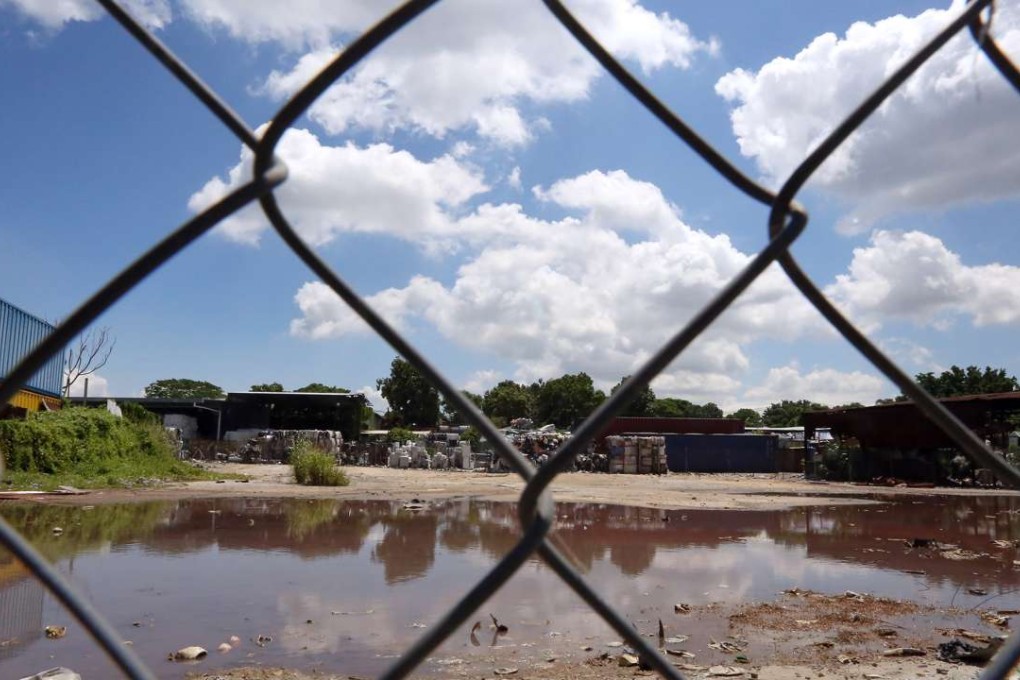Land-use conversions in Hong Kong to make areas available for housing developments present many challenges
Government’s attempts to address the housing shortage by giving private landowners the flexibility to apply for lease modifications, including on-site land exchange, may lead to more bottlenecks

The government appears determined to go full throttle in its drive to ease the shortage of housing – a prickly issue that has been one key factor in shooting up home prices in Hong Kong.
According to the government, the administration’s strategy is to adopt “an enhanced conventional new town development approach”, in the upcoming development of Kwun Tong North and Fanling North as part of the northeast New Territories development plan.
An article – “‘Wasteful use’ of land” – in last week’s Weekend Property in the SCMP refers to a report from Our Hong Kong Foundation (OHKF), titled “From Housing Market Outlook to Land Supply Strategy”, which states that the government should explore and study all options, not only prioritise converting brownfield sites into developable land.
In the same SCMParticle, Dr Peter Cookson Smith, president of the Hong Kong Institute of Urban Design (HKIUD), says: “We actually have a large amount of land in the New Territories, much of it reasonably well served by public transport of one kind or another.”
The latest government strategy of making more land available for development involves giving private landowners the flexibility to apply for lease modifications, including on-site land exchange, to develop their land into private projects within permitted uses.
To be eligible for an on-site land exchange in the designated Kwun Tong North and Fanling North development areas, it is necessary that certain criteria are met, which include the site being of an area no smaller than 4,000 square metres, clear ownership of the land, completion of the lease modification/land exchange process within a specified time, and that compensation must be made to the affected tenants or occupants comparable to that offered by the government.